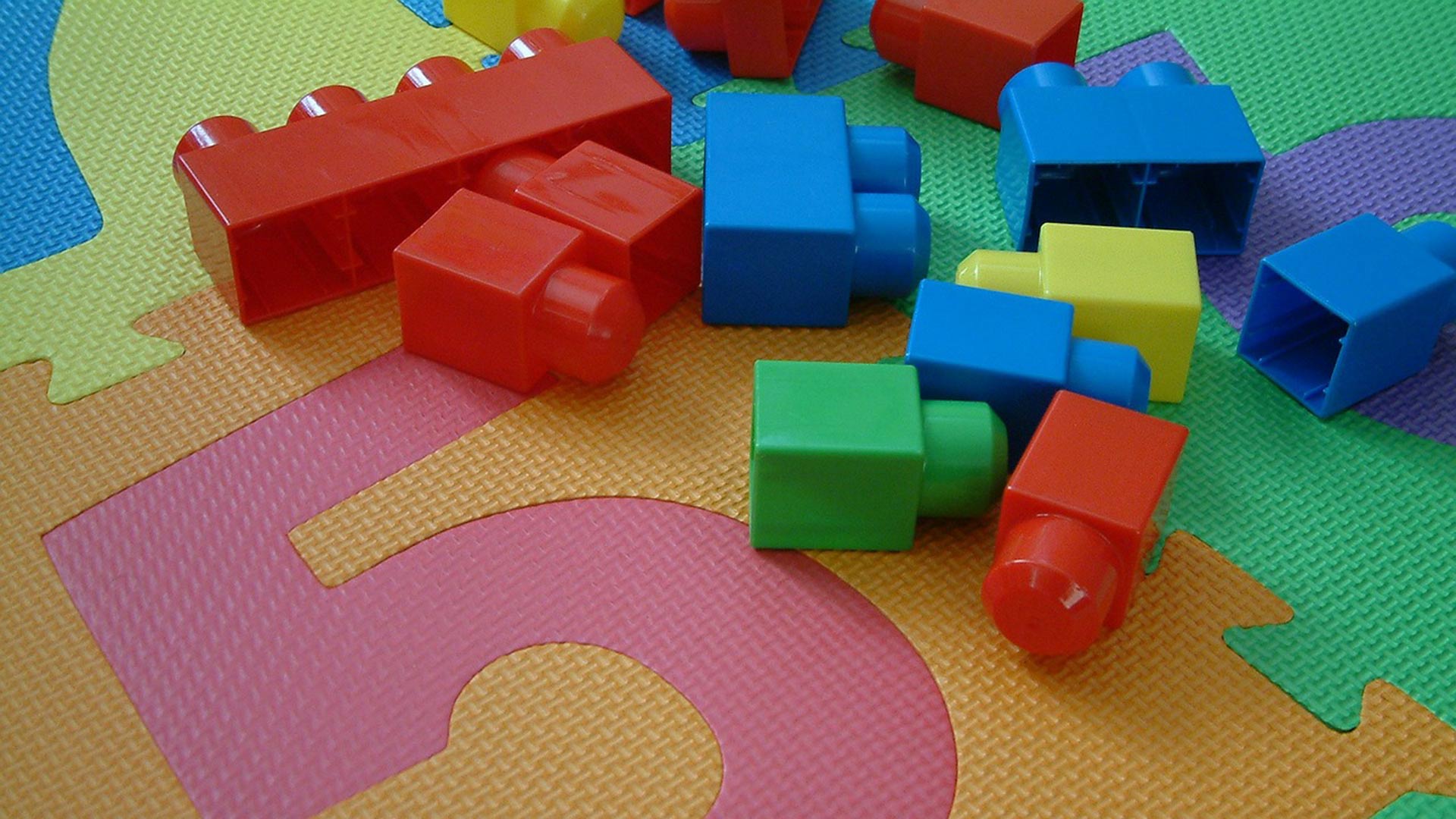 Professor Michael Sulkowski says it's important for parents adjusting to school closures and working from home not to try and be an expert teacher and to be a parent first.
Professor Michael Sulkowski says it's important for parents adjusting to school closures and working from home not to try and be an expert teacher and to be a parent first.
As school closures enter the second week, many parents are both working from home and trying to continue some measure of education for their children.
Michael Sulkowski, an associate professor in the school psychology program at the University of Arizona, offered suggestions for ways parents can cope with this new normal. His first suggestion: Pause and ask your kids what they’ve heard about coronavirus.
A conversation with Michael Sulkowski
SULKOWSKI: Parents are going to be stressed, they’re going to be overwhelmed. Children are going to be confused, they’re not going to know, necessarily, how to respond, so it’s important just to have that period of inquiry, to see what have you heard about this from your friends or what have you seen on TV, to kind of see where to go from there.
AZPM: What tips do you have for talking to kids about the closure of schools the cancellation of all their intramural or outside-of-school activities, even play dates?
SULKOWSKI: I think the important thing is to let children know that this is a temporary thing and we will return to normalcy at some point in the future. Nobody knows exactly when that's going to be but there will be play dates, there will be birthday parties, there will be intramural sports, there will be after-school activities and clubs and all that stuff in the future.
AZPM: What kinds of activities would you recommend parents employ to help their kids continue learning and developing even if it's not in the sort of strict curriculum we might think of in a schoolroom?
SULKOWSKI: I think it's important for parents not to try and be an expert teacher and to be a parent first. To really think about, what really constitutes learning? Learning doesn't necessarily mean throwing materials at students or even allocating a lot of time to specific tasks, it's about making sure that student, the child — your child, now your student — feels comfortable accessing the curricula and able to ask you questions in the way that they might ask a teacher. You're kind of in a dual relationship where you're wearing two hats, that's a challenge. You don't conform to the typical school day and that's okay, home is different. Instruction doesn't have to work around the clock in the same way. Use available resources that tap into [your child’s] intrinsic interests and access the learning points that you would really want established.
AZPM: One thing we hear a lot about is play-based learning. I'm thinking of things like involving your kids in cooking, maybe, or helping with chores or some other things that are just happening around the house that maybe you normally don't involve them in as a way to keep them busy and also do some less traditional learning?
SULKOWSKI: Absolutely, modeling active engagement and repetition. This is a fantastic opportunity to teach a lot of those life skills that you're not going to get in a classroom. Let's say you have an adolescent and dad’s outside working on the car—great learning opportunity right there. Or baking in the kitchen or learning how to do some type of skill or task that maybe one of the parents has, maybe it's a musical instrument of some kind or art craft. Even though it's time of great stress and certainly challenges with wading into homeschooling but these are great opportunities for parents to teach some of those life skills.
AZPM: Any other thoughts for ways parents can support themselves right now or maybe just cut themselves a little bit of a break?
SULKOWSKI: I think the important thing is for parents to manage self care. You know we talk about that all the time and then when it comes around to doing it ourselves, we’re like “I don't have time for that.” But you have to make time for it. You teach the most important things in life to your children but you're not a classroom teacher so keep that in mind. We're really focusing on getting through this uncertain period in world history and making sure that your child continues to learn and to grow in ways that nourish his or her future.
Editor's note:
Arizona Public Media and Arizona PBS have created an At-Home Learning Partnership to provide educational content to students affected by the coronavirus crisis. Here's a list of those resources.

By submitting your comments, you hereby give AZPM the right to post your comments and potentially use them in any other form of media operated by this institution.